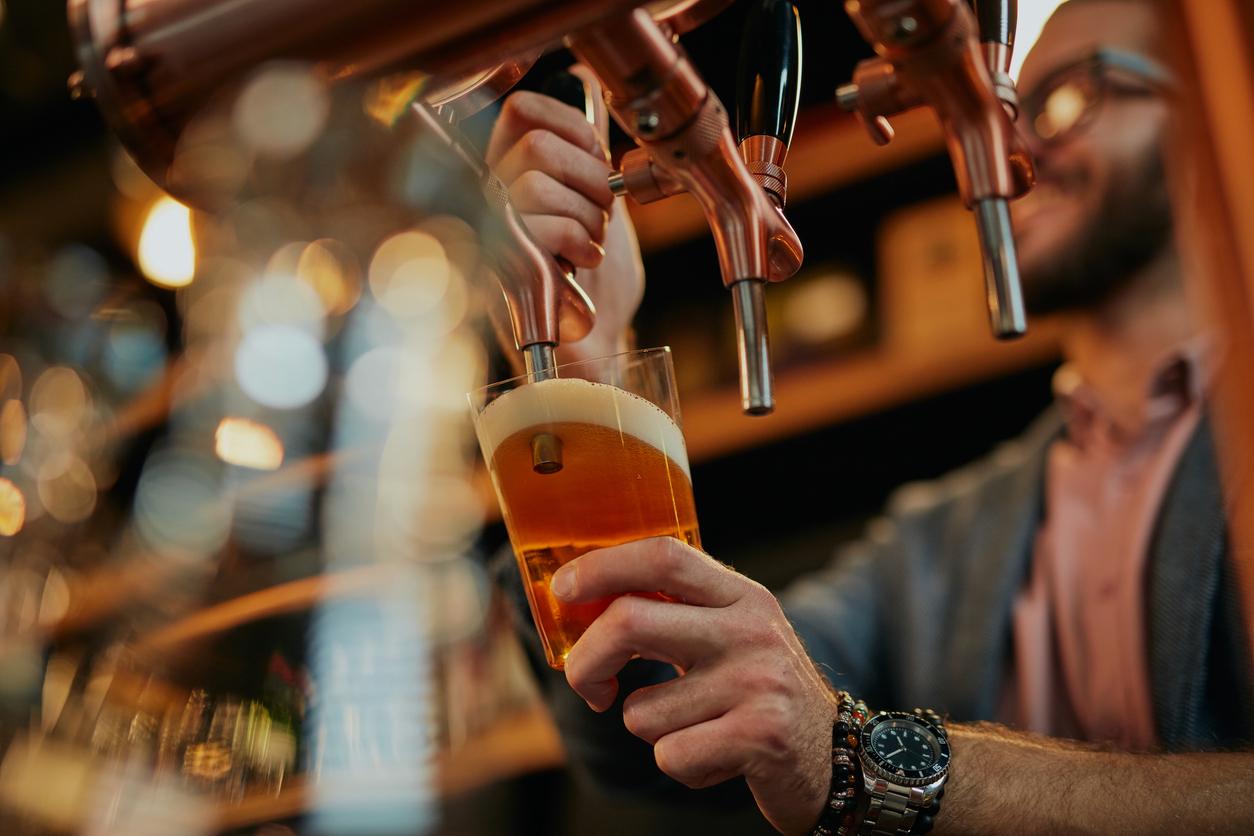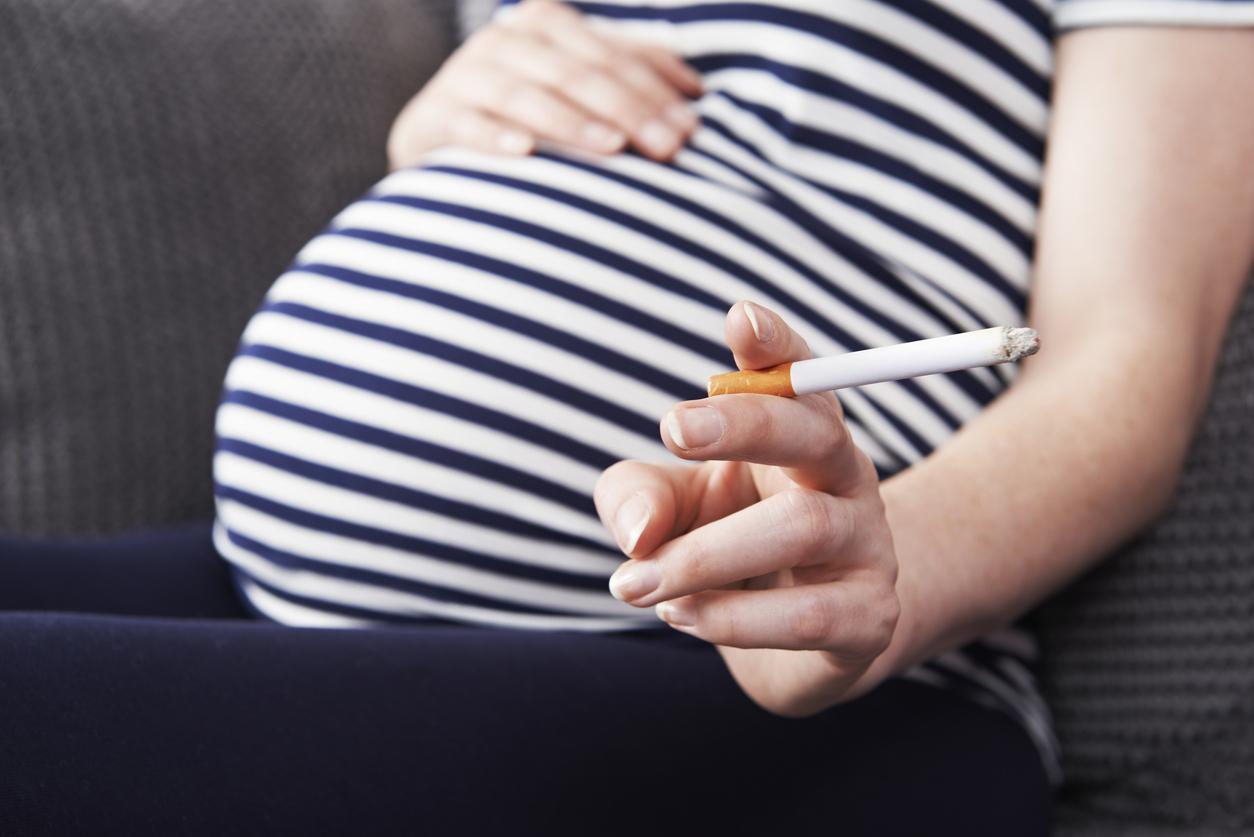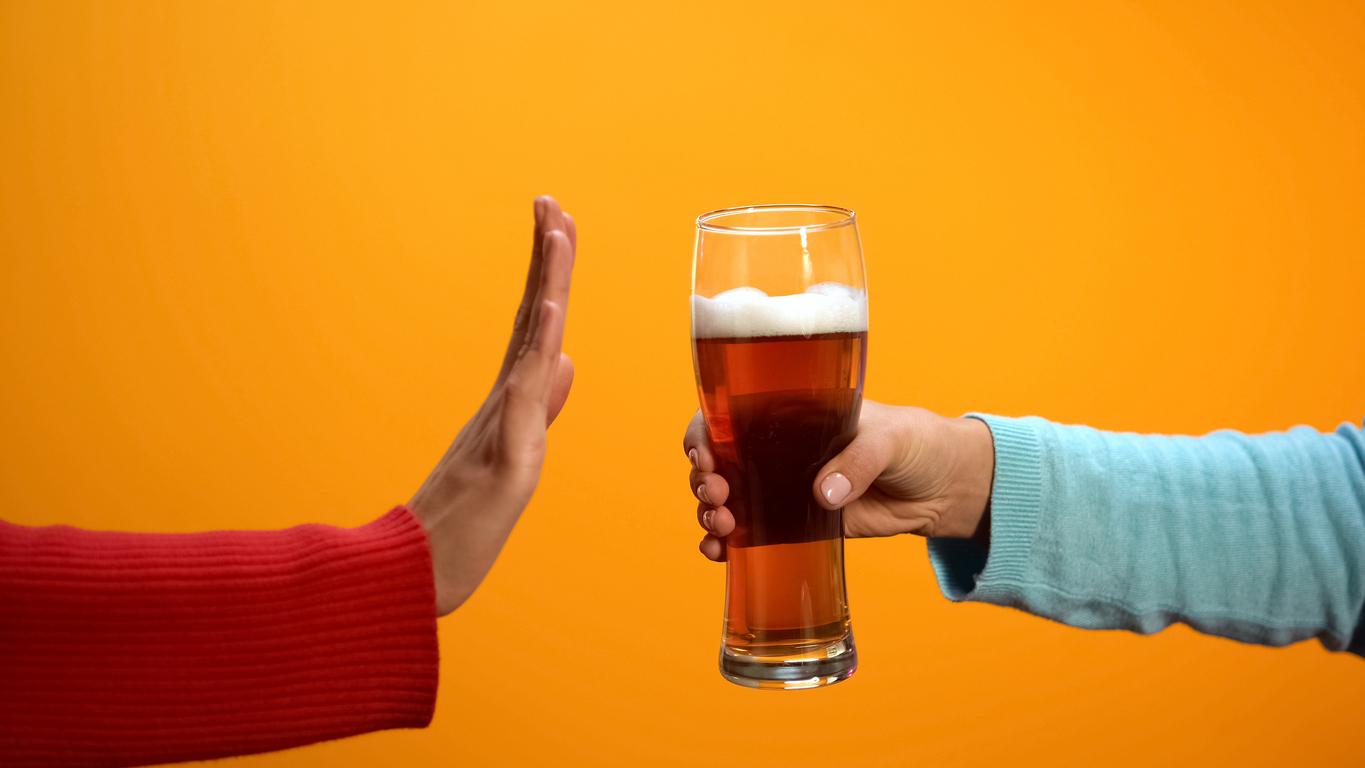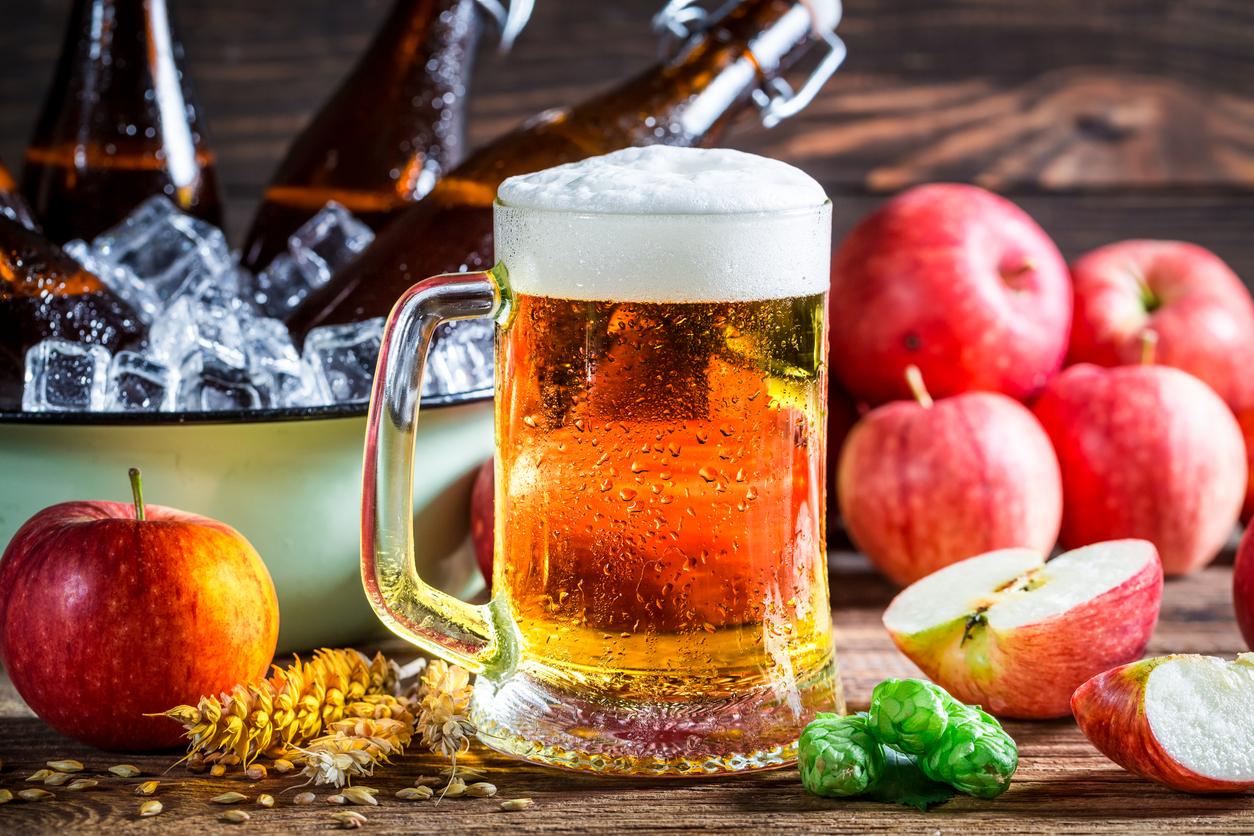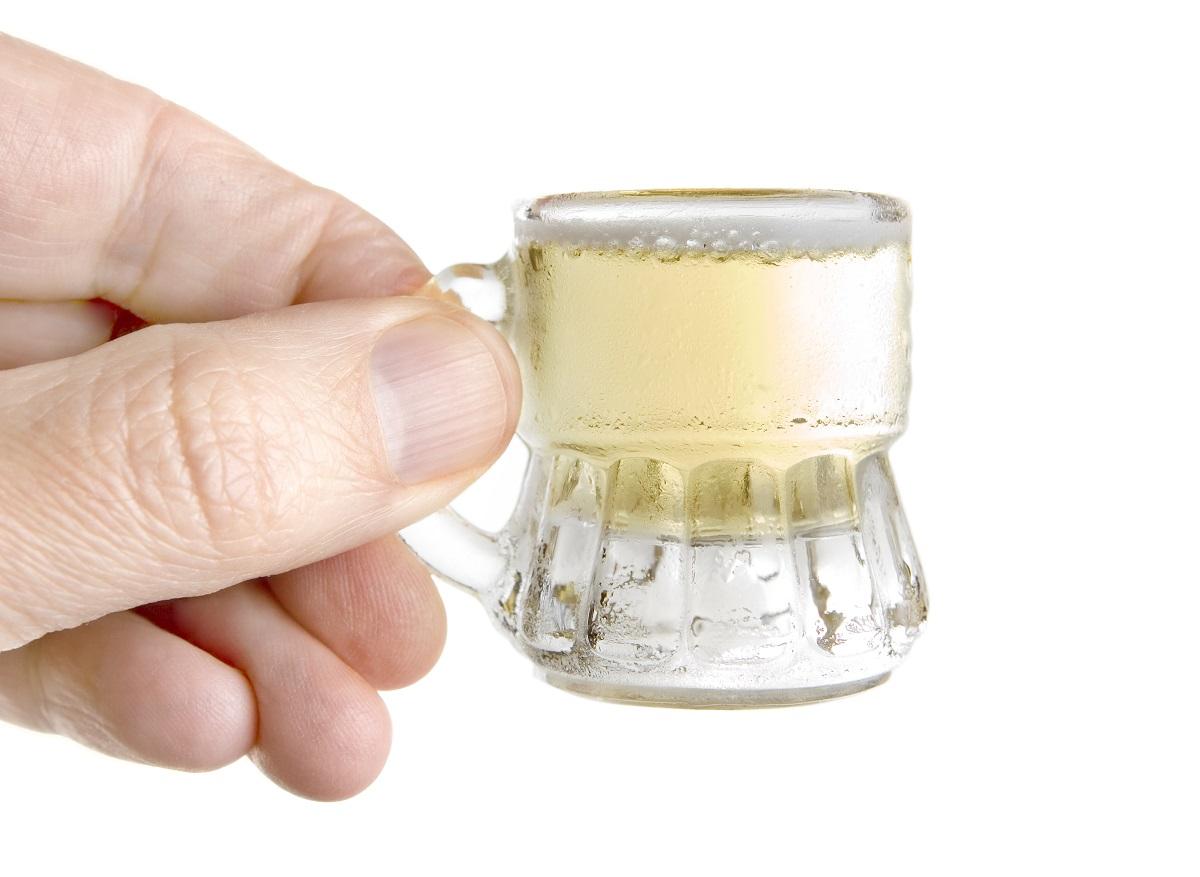A new survey reveals that for New Year’s Eve 2024, 30% of French people admit to having “drank a lot more than usual”.
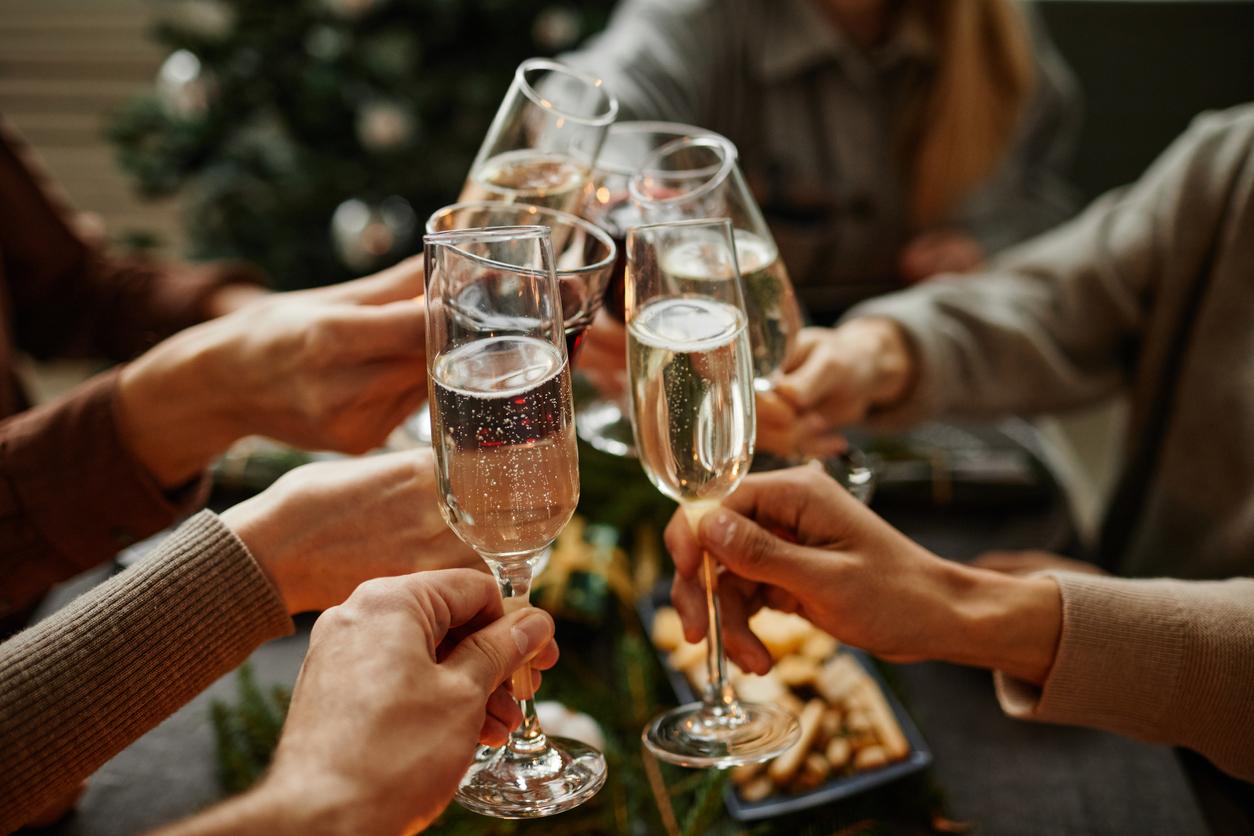
- Public Health France recommends not drinking more than ten glasses per week, with at least two days without consuming.
- According to this new survey, 23% of French people drank 6 drinks or more on New Year’s Eve.
- Of the 1,057 people questioned, 37% admitted to drinking alcohol 3 to 5 times per week.
As tradition dictates, New Year’s Eve is an opportunity to get together with friends or family over a few glasses of alcohol. In a somewhat “gloomy” social context, a survey was commissioned by Hedonist Labs, an expert in food supplements and specialist in subjects related to alcohol, which reveals that for New Year’s Eve 2024, 30% of French people admit to having “drank a lot more than usual” and only 15% plan to participate in “dry January”.
New Year: only 6% of French people “claim not to have drunk a single drop of alcohol”
Thus, when it comes to alcohol consumption on New Year’s Eve, only 6% of the surveyed panel “claim not to have drunk a single drop of alcohol”, while 19% admit to having drunk 4 to 5 glasses in the evening and 23% even consumed 6 drinks or more. According to the investigation, 53% of drinkers say they have already suffered headaches the day after a drunken evening, 28% even mention nausea or vomiting and 6% have even found themselves unable to go to work the day after drinking too much. To try to counter the effects of alcohol, 37% have already used medication (such as paracetamol, anti-inflammatories, etc.), a combination sometimes leading to serious side effects.
Champagne remains the most popular alcohol
Concerning the type of drink consumed, champagne unsurprisingly occupies the top of the podium, with consumption estimated at 71% among those who drank alcohol that evening, closely followed by wine (70%). Beer, which has now earned its place on New Year’s Eve tables, was consumed by 16% of the panel, still far from spirits (30%) and cocktails (35%). These figures show that the French tend to get carried away by the festive atmosphere and consume alcohol in large quantities during the end-of-year celebrations.
Dry January: is it little known and little followed?
Another observation, only 28% of respondents are aware of “dry January”, which consists of no longer drinking alcohol at all during the month of January. This low figure explains why only 15% of the panel intend to take up this health challenge. And curiously, among those opposed to this practice, 19% say they do not believe in the benefits of such prolonged abstinence. All the same, 66% of the panel plans to reduce their alcohol consumption after this “bombancy” period. It seems essential to increase awareness among the French of the importance of reducing their alcohol consumption and encourage more reasonable drinking habits throughout the year.










